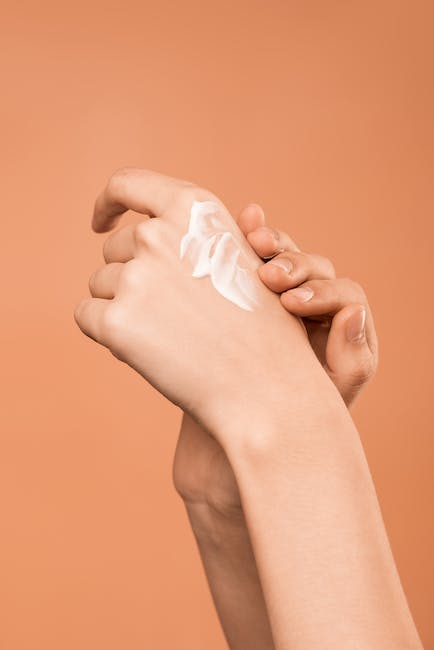
Contents
for a Healthy Mouth
Good oral health is essential for overall health, and using mouthwash can help maintain it. But what is the purpose of mouthwash and how can it help? This post will discuss the key uses, benefits and health implications of mouthwash and oral hygiene products.
What Is Mouthwash?
Mouthwash, also known as oral rinse, is a liquid that’s available over-the-counter and made with multiple active ingredients. It’s commonly used to help combat bad breath, reduce plaque, and prevent tooth decay and cavities.
The Benefits of Mouthwash
- Kills bacteria – Certain types of mouthwash contain active ingredients like chlorhexidine or essential oils like thymol, menthol, and eucalyptol because they can help reduce bacteria and fight plaque.
- Reduces bad breath – Some products contain active ingredients that help reduce bad breath by removing malodorous particles from the mouth.
- Freshens breath – Many mouthwashes contain ingredients that can help reduce bad breath and make the mouth feel and smell fresher.
How to Use Mouthwash
The most important factor in reaping the benefits of mouthwash is making sure it is used correctly. In general, the American Dental Association recommends the following steps:
- Start by shaking the bottle and placing the required amount of mouthwash into the cap.
- Reach as far back as possible and rinse with the solution 30 seconds to 1 minute.
- Swish and gargle with the solution before spitting it out in the sink.
- Do not swallow the liquid and avoid eating or drinking anything for at least 30 minutes after using the mouthwash.
Health Implications of Mouthwash
Though mouthwash can offer numerous benefits, there can also be risks associated with overuse. For instance, some mouthwashes contain a significant amount of alcohol, which can be harmful if overused. Moreover, mouthwash containing active ingredients, such as chlorhexidine, may also cause users to experience some side effects, from staining teeth to mouth sores.
For most people, using an alcohol-free mouthwash is the safest option. Before using, it is important to read the label carefully and to follow the manufacturer’s instructions. It is also a good idea to talk to a dentist or primary care provider before using any additional oral hygiene products.
By understanding the uses and benefits of mouthwash and following the correct usage steps, users can reap the rewards of a healthier mouth.
